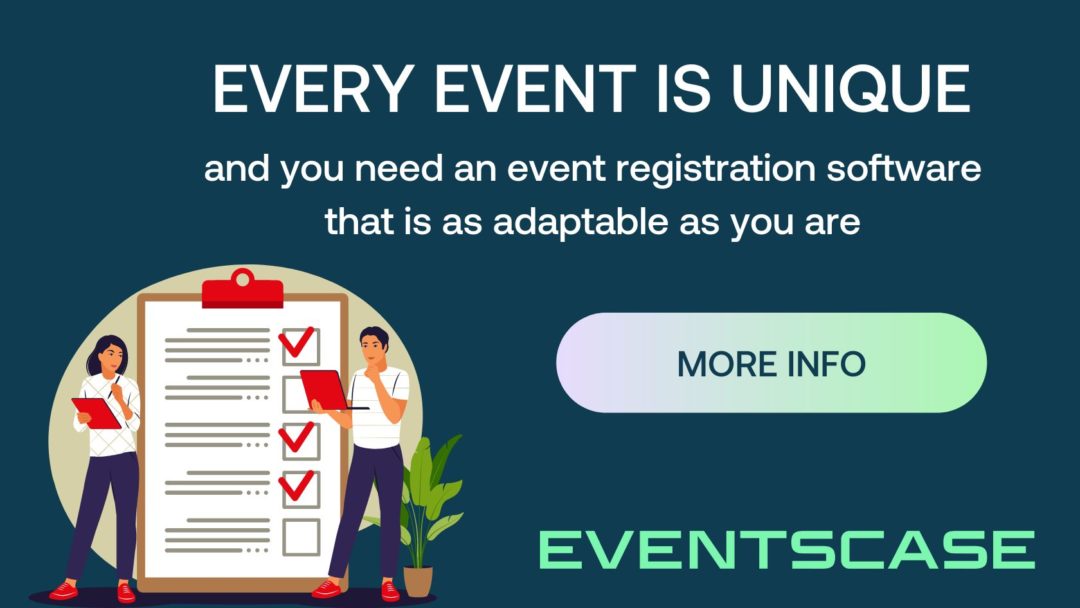In today’s competitive marketplace, customers expect more than a sales pitch – they want to feel something. This is where experiential events come into play. Rather than relying on passive communication, they immerse people in meaningful, memorable experiences that build genuine connections with brands. From interactive pop-ups to large-scale activations, experiential events are redefining how businesses engage with audiences.
At their core, experiential events (sometimes referred to as experience events or event experiential) are designed to create strong emotional connections through direct interaction. Instead of simply telling customers about a product or service, brands invite them to engage, touch, and immerse themselves in the story.
Think of a fashion brand hosting a live runway where guests can try designs afterwards, or a technology company letting people road-test a new device in a creative environment. These customer engagement events give audiences a hands-on experience that goes beyond traditional marketing.
👉 If you want to explore how digital touchpoints can support such strategies, check out our blog post How to Create a High-Converting Event Landing Page.
Why Experiential Events Are So Powerful
The human brain is wired to remember experiences better than information. Research consistently shows that people recall emotions and moments far longer than they remember adverts or statistics. This is why immersive brand experiences are such a powerful tool for long-term loyalty.
Instead of relying solely on digital impressions or promotional material, experiential marketing events put customers at the heart of the brand story. They leave with memories, not just messages, which naturally leads to stronger trust and advocacy.

Key Benefits for Brands
Authentic Engagement
Experiential events foster two-way interaction. Customers aren’t just watching; they’re actively involved. This participation creates authentic engagement, making the brand feel less like a company and more like a community.
Word-of-Mouth Amplification
When people experience something memorable, they want to share it. Whether through social media posts, photos, or personal conversations, attendees become brand ambassadors. This amplification extends the impact of event experience far beyond the event itself.
Rich Customer Insights
By observing and interacting with attendees, brands gather real-time feedback. This helps refine future campaigns, products, and experiential event ideas. Unlike surveys, the data collected from lived experiences is both spontaneous and authentic.
Stronger Emotional Connections
Emotion drives loyalty. Experiential events connect on a deeper level by appealing to the senses and creating lasting memories. Customers who feel valued and inspired are more likely to return.
Examples of Experiential Events in Action
- Pop-Up Installations: A skincare brand creating an immersive spa-style space where guests try products in a multi-sensory environment.
- Technology Demonstrations: A VR company showcasing its innovation through a live, interactive event experiential campaign.
- Food Festivals: A restaurant chain inviting customers to explore menus through tasting events paired with live entertainment.
These are not just events – they are experiences that foster connections and drive brand loyalty.

The Role of Experiential Events in Modern Marketing
Traditional marketing still has its place, but consumers now crave interaction and authenticity. That’s why many businesses are shifting budgets from static advertising towards experiential marketing events.
For example, a social media ad might last seconds, but a thoughtfully designed event experience can leave an impression for years. The rise of hybrid and digital activations also means that experiential events are no longer limited to physical spaces. Online communities, AR interactions, and livestreamed experiences allow brands to connect with global audiences.
👉 Learn more about how technology is shaping the sector in Artificial Intelligence and Events.
What Is Experiential Marketing’s Future?
The future lies in personalisation and sustainability. Customers increasingly expect customer engagement events that reflect their values. From eco-conscious designs to inclusive experiences, brands must ensure their immersive brand experiences align with audience expectations.
Technology will continue to play a vital role, too. Virtual and augmented reality will make event experiential even more impactful, blending physical and digital worlds to create richer event experiences.
👉 At Eventscase, we help organisers align with these expectations through solutions that engage your attendees and a complete suite of products to support hybrid, digital and live experiences.

Conclusion
So, what is experiential marketing’s real power? It lies in its ability to move beyond selling and instead focus on storytelling. Experiential events don’t just showcase products – they create memories, connections, and loyalty.
For brands seeking to stand out, the question is no longer what are experiential events? but rather how can we create the right ones? By blending creativity, innovation, and authenticity, businesses can design unforgettable experiential event ideas that truly transform customer engagement.
If you would like to subscribe to our newsletter to get live updates on everything related to our platform – news, blogs, events, announcements and much more, please, register here.






